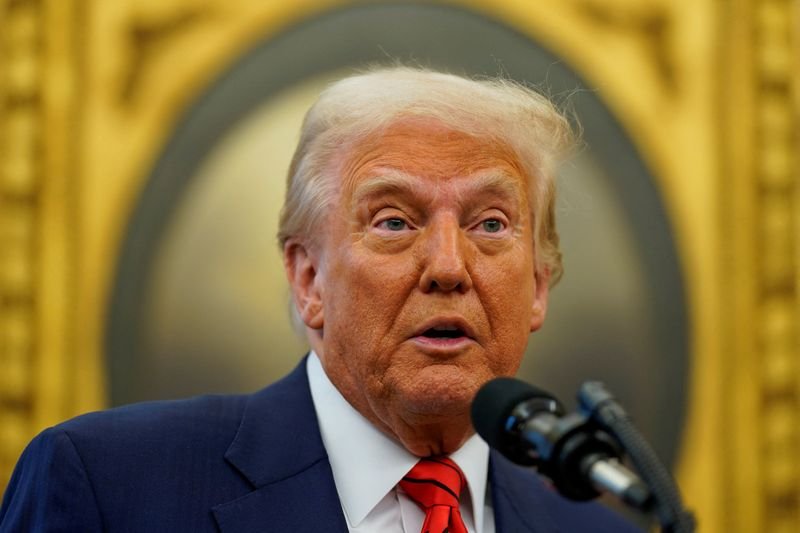The 2.7% increase from a year ago, in real terms, sharply beat Reuters expectations of a 0.2% rise.The 2.7% increase from a year ago, in real terms, sharply beat Reuters expectations of a 0.2% rise.
Japan’s household spending in December rose 2.7% year on year in real terms, massively beating expectations from economists polled by Reuters and marking its first rise since July 2024.
The figure sharply beat Reuters expectations of a 0.2% rise, boosting the case for another interest rate hike from the Bank of Japan.
According to a Friday report from the Statistics Bureau of Japan, average household expenditure in Japan stood at 352,633 yen ($2,332) in December, up 7% in nominal terms from the previous year.
Average household monthly income in the same month was 1,179,259 yen, rising 7.2% in nominal terms and up 2.9% in real terms year on year.
The Nikkei 225yen

The data comes after the BOJ raised its benchmark policy rate to 0.5%, its highest since 2008. The BOJ has long stated that it would raise rates if it sees a “virtuous cycle” of higher prices and growing wages.
While LSEG estimates after the spending data release indicated that there is a 95.7% probability of the BOJ holding rates at its next meeting on March 19, there is a 21.2% chance of a hike at its May meeting.
On Thursday, BOJ board member Naoki Tamura said that it was “necessary” for the BOJ to raise short-term interest rates to “at least around 1%” by the second half of fiscal year 2025. Japan’s 2025 fiscal year ends on March 31, 2026.
Japan’s upcoming spring wage discussions, also known as the “shunto” negotiations, will be in focus for investors watching the BOJ’s interest rate moves. The negotiations will start some time in February, and larger companies will respond around mid-March.
The head of the Japanese Trade Union Confederation, or Rengo, said in January that annual pay increases for Japanese workers in 2025 must be higher than the 5.1% growth last year because real wages continue to fall, Reuters reported.
Data from the country’s labor ministry revealed that real wages have fallen for the past three years, with real wages dropping 0.2% year on year in 2024.
Rengo President Tomoko Yoshino reportedly said the labor organization is formally seeking wage increases of at least 5% in this year’s “shunto” wage negotiations.
To ensure incomes of workers at smaller firms do not fall behind those in bigger ones, Yoshino said there should be a hike of at least 6% for the former.
— CNBC’s Lee Ying Shan contributed to this report.
Discover more from World Byte News
Subscribe to get the latest posts sent to your email.


